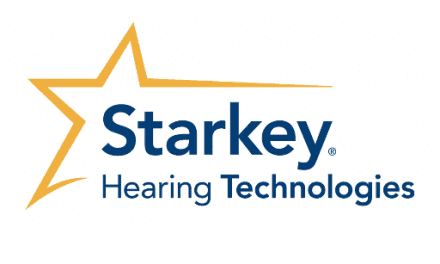
Johann’s preschool teacher is a seasoned veteran, and she recently did an admirable job of explaining her teaching philosophy to a group of apprehensive parents. She pointed out that, when boiled down to basics, every child needs to have two essential mental questions answered before any real knowledge can pass through the brain’s core processing centers and accumulate in the higher brain as what we call “knowledge.” First, children need to know they’re safe. The inner reptilian brain stands as a stoplight at the first intersection on the route to learning. If the red lights are flashing and the child is encountering a high level of anxiety regarding physical or emotional safety, there’s little or no chance they can be expected to learn anything. Second, children need to feel that they “belong in this world.” They need to know that they are an entity within the learning environment, they are accepted, and that the information presented to them has specific meaning for them in order to interact with it and adopt it.
Frankly, I’d never thought of learning from such an elementary standpoint. Obviously, these two requirements also are applicable to all adults, particularly those who have a hearing loss. For optimal learning, adults can’t be distracted or overly stressed. Everyone has had the experience of the “über-human”—the Matt Groening “Life is Hell” boss, doctor, professor, or even DMV lady—asking you an unexpected rapid-fire series of questions as if she were Torquemada. The result is finding yourself in a spiraling brain freeze in which all you hear is your own inner voice superimposed over that of Charlie Brown’s teacher asking “Blah, blah, blah, blah, blah?” For people who have a hearing loss—particularly, for those sitting in a hearing care office for the first time and confronting their fears after years of denial—“failing the hearing test” has to be an extremely stressful occurrence. In fact, for some over-stressed patients, it’s probably a wonder they’re able to retain any information during the inital consultation session.
Additionally, it’s fairly well documented that hearing loss can transform otherwise fun-loving, sociable people into closeted grouches. Hearing loss erects walls between people by eroding one’s communicative abilities, a fact supported by everything from the experiences of shell-shocked veterans in World War I to the recent National Council on the Aging Study (see January 2000 HR). Many people with hearing loss are simply having a hard time feeling that they “belong in this world” because the world has quite literally become a place that is impossible for them to understand. Withdrawal becomes a survival instinct that also plays a strong role in discouraging them from learning how to overcome their hearing handicap.
Thus, as a hearing care professional, you face a daunting educational task: Many of those people sitting in your waiting room may not only have difficulty understanding the results of their audiogram, their reaction to the information may seem downright hostile. In this context, counseling—offering people a safe environment to learn about hearing loss and overcome their fear—becomes an essential art form and teaching mission.





